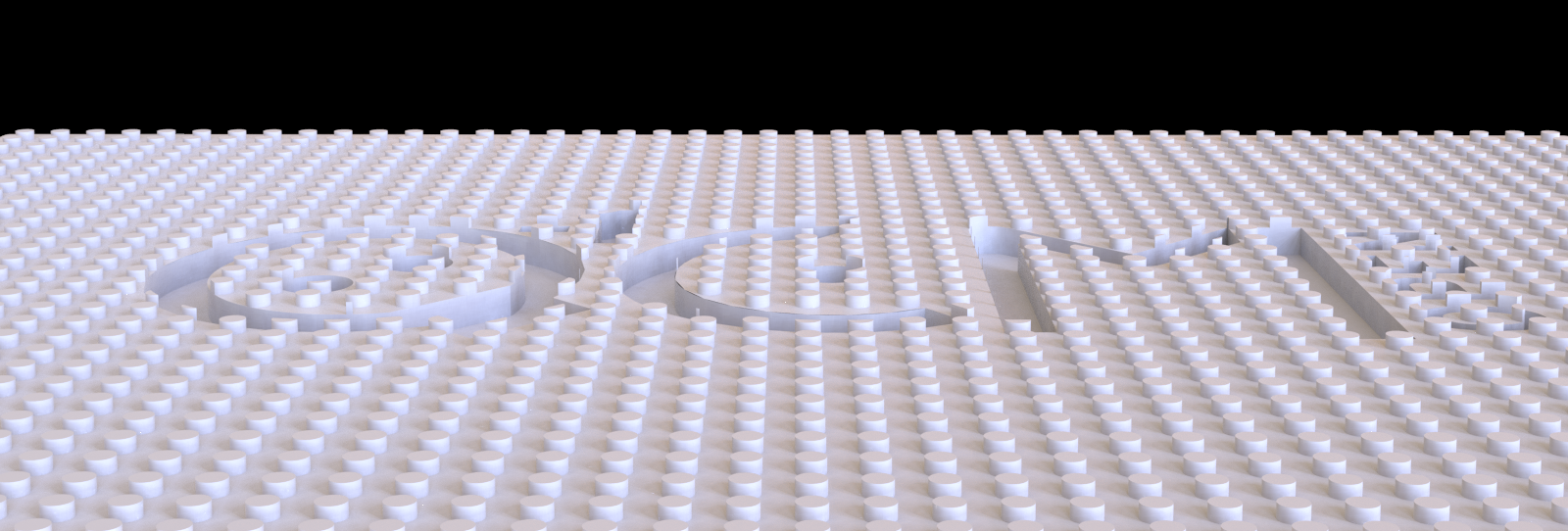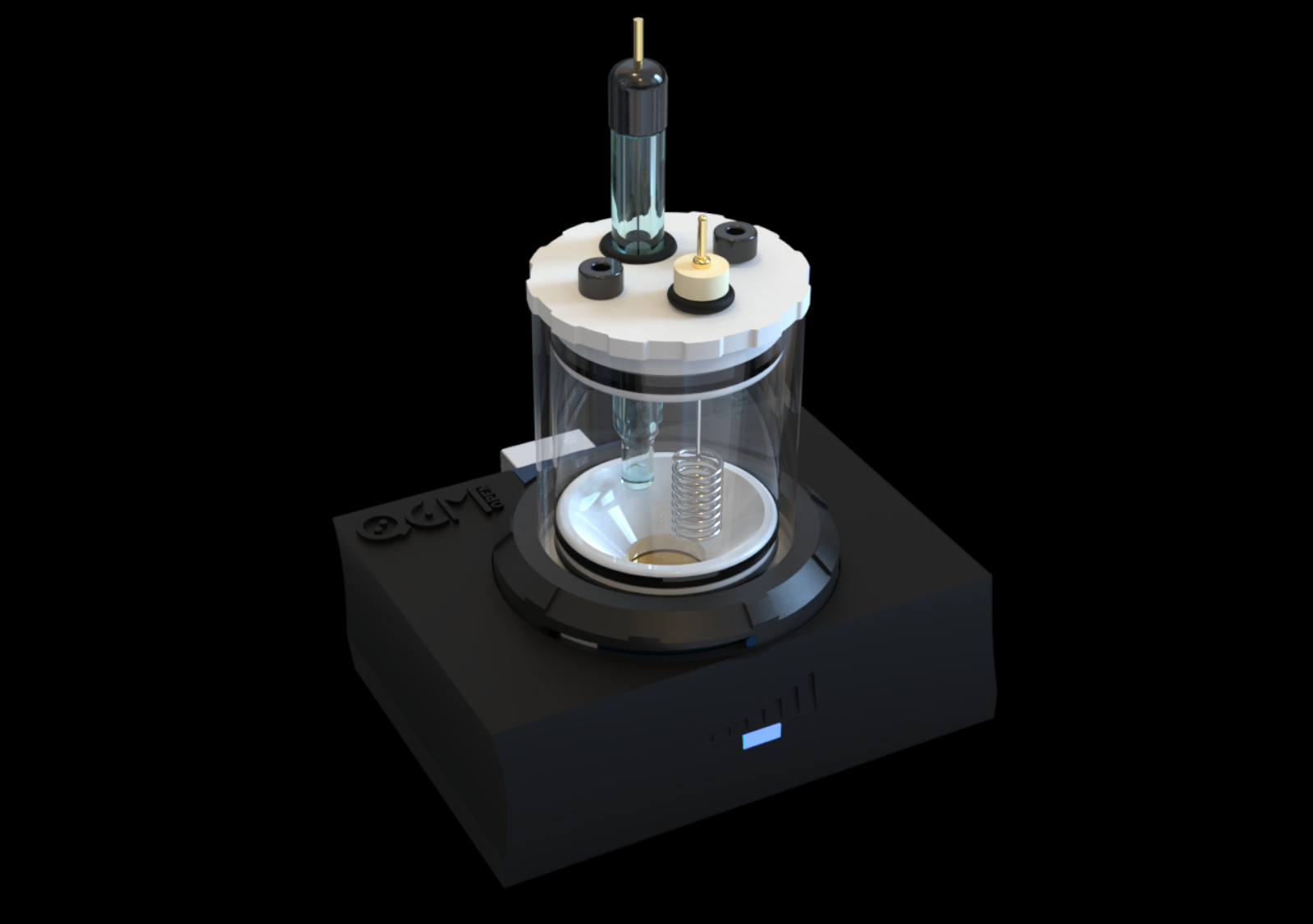openQCM Q-1 TECH SPECS
openQCM Q-1 is an advanced Quartz Crystal Microbalance (QCM) offering nanogram-level sensitivity and high-precision frequency measurements. Utilizing open-source electronics and software, it enables real-time monitoring of mass deposition, viscoelastic properties, and temperature across numerous applications. Detailed technical specifications are provided below.
Technical and Scientific Specifications
Dimensions and Materials
Electrical Specifications et al.
Technical and Scientific Specifications
| Frequency standard deviation for the fundamental frequency(Hz) | 0.5 (in air) 2.8 (in liquid) |
| Dissipation standard deviation for the fundamental frequency (ppm) |
0.3 (in air) 3.9 (in liquid) |
| Typical mass sensitivity (@10 MHz) | 4.42 x 10 -9 g Hz-1 cm-2 |
| Number of sensor | Single quartz resonator sensor |
| Quartz sensors | 5 MHz e 10 MHz , 14 mm blank diameter, – wrapped (single sided contacting) |
| Frequency range | 5 and 10 MHz : 1 to 50 MHz |
| Electronics interface | Network analyser |
| Measurement mode | Multi – overtones 5 MHz: up to 9th overtone 10 MHz up to 5th overtone |
| Dissipation monitoring | YES |
| Sampling time | ~ 1.0 sec for each overtone |
| Temperature sensor | I2C – MCP9808-E/MS (integrated in the included Sensor Module) |
| Temperature measurement range | -40 °C to +125 °C |
| Active thermal control | NO |
Dimensions and Materials
| Main case | Nylon |
| Fluidic module material | Nylon |
| Fluidic module window | PMMA (default) with included Sensor Module |
| Volume of the fluidic chamber | ~ 50 µl |
| Main Dimension | 143.1 x 66.8 x 26 mm |
| Weight | 125 g |
Electrical Specifications et al.
| Power supply | 5 VDC |
| Max current | ~ 200 mA @ 5VDC |
| Max Power | ~ 1 W |
| Electrical Connection | Electrical Connection via Micro-USB (USB 2.0 PC side) |
| Data communication | USB 2.0 |


